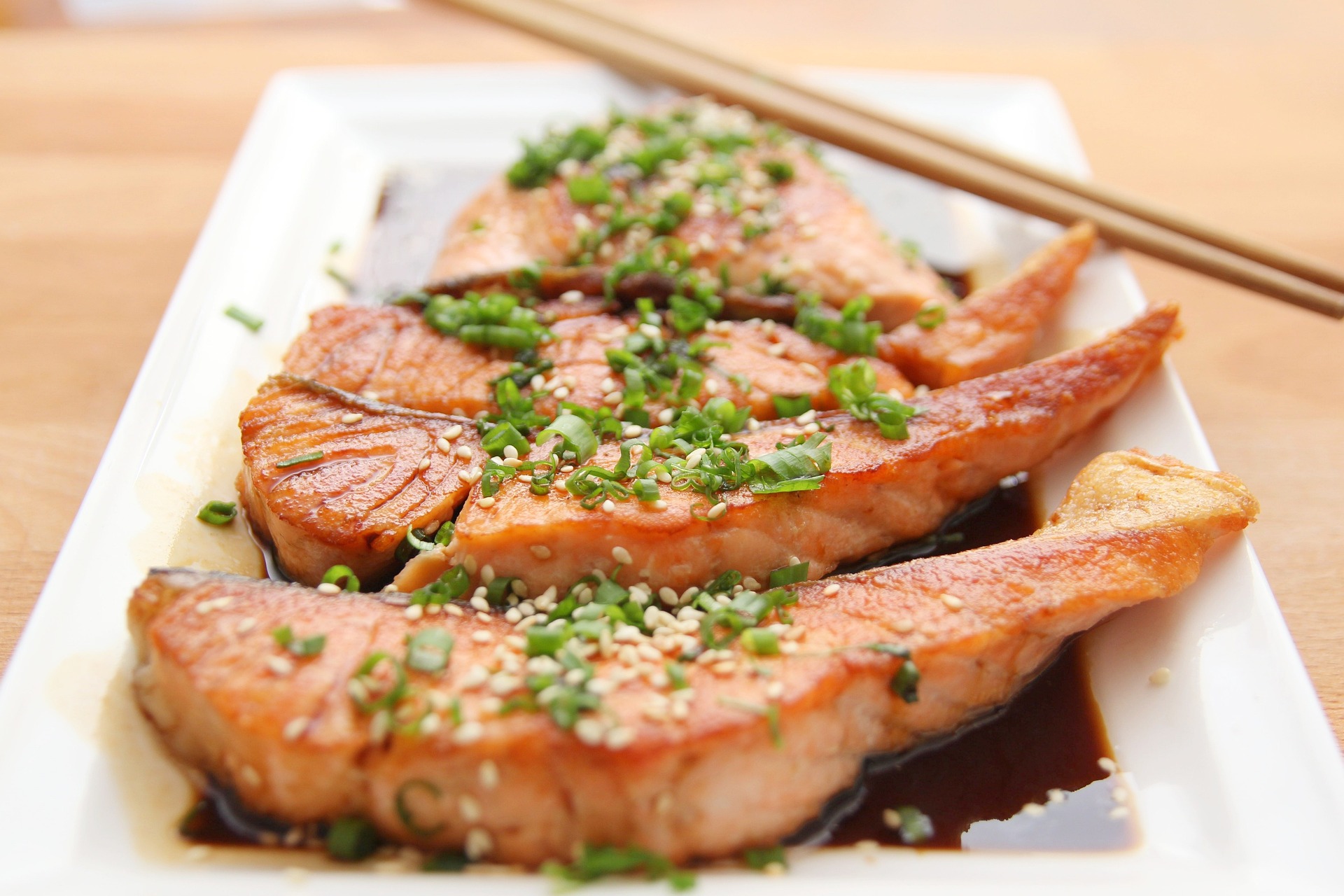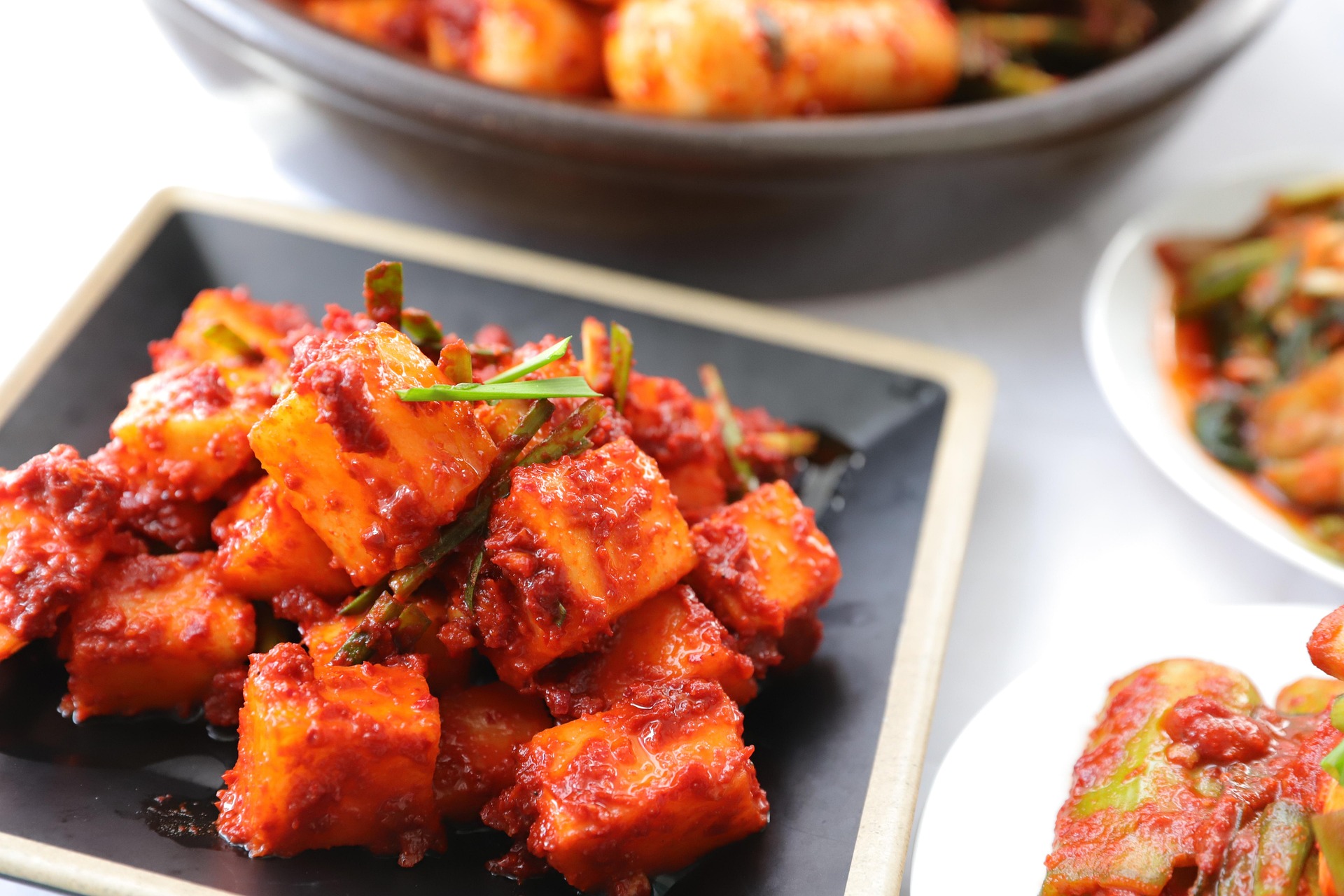Unveiling The Hidden Delights of Indonesian Cuisine
Indonesia, a sprawling archipelago of over 17,000 islands, is a treasure trove of culinary diversity. This article delves into the rich tapestry of Indonesian cuisine, highlighting its unique dishes, vibrant flavors, and the cultural significance of its food traditions. The journey through Indonesian gastronomy offers a unique culinary adventure, demonstrating how traditional cooking techniques have evolved to incorporate modern trends.

Discover the Spice Islands
Indonesia is often referred to as the ‘Spice Islands’ due to its history of spice trade. Its cuisine is characterized by the extensive use of spices like coriander, pepper, lemongrass, galangal, turmeric, and tamarind. These ingredients create a flavor profile that is simultaneously sweet, spicy, tangy, and savory.
Signature Dishes of Indonesia
The nationwide dish of Indonesia is Nasi Goreng, a fried rice dish cooked with a variety of spices, meat, and vegetables. Another popular dish is Rendang, a slow-cooked, spicy meat dish originally from the Minangkabau ethnic group. Soto, a type of soup, is another staple, with regional variations across the islands.
From Street Food to Fine Dining
Indonesia’s street food culture is a vibrant culinary scene. It offers dishes like Satay (skewered and grilled meat), Bakso (meatball soup), and Martabak (stuffed pancake), showcasing the country’s culinary diversity. Meanwhile, modern Indonesian restaurants are reinterpreting traditional dishes in innovative ways, presenting a fusion of old and new.
The Role of Rice in Indonesian Cuisine
Rice is more than just a staple food in Indonesia - it’s an integral part of the culture. Rice cultivation shapes the landscape, while rice-based dishes define the cuisine. From Nasi Uduk (coconut milk rice) to Ketupat (rice dumplings), rice is celebrated in its various forms.
A Trend Towards Sustainability
In recent years, more Indonesian chefs are championing sustainability, embracing local ingredients, and reinterpreting traditional recipes with a modern twist. This trend aligns with global shifts towards environmentally-friendly and ethical culinary practices.
Indonesian Cuisine Facts:
-
Indonesia is the world’s largest producer of nutmeg.
-
There are over 5,350 traditional recipes documented in Indonesia.
-
The country’s diverse culture is reflected in its regional cuisines, with each island offering unique dishes.
Indonesian cuisine is a gastronomic adventure that takes diners through a world of flavors, from street food stalls to upscale dining establishments. Its rich history, diverse ingredients, and evolving trends make it a fascinating subject for food enthusiasts. The culinary journey through Indonesia offers a unique insight into the country’s culture and traditions, demonstrating the power of food to connect and inspire.




